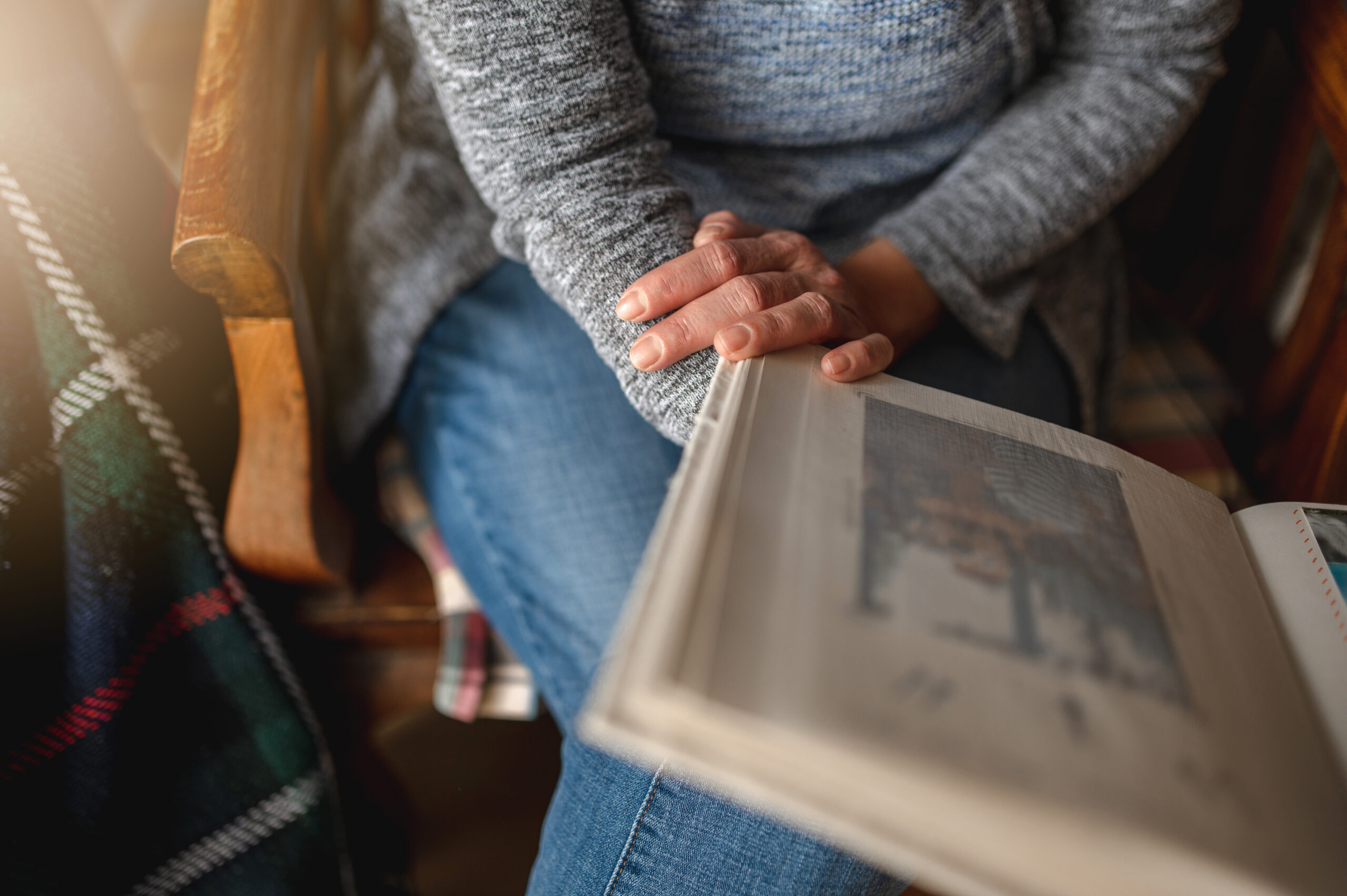At Centrica Care Navigators, we help people navigate end-of-life care for themselves and their family members. We make them feel comfortable and answer their questions. But the person who is dying, the patient, isn’t the only one included in our circle of care.
Our Grief Support services can extend for more than a year beyond the death of a patient. Our services are available to support to anyone who needs them, such as family members or caregivers.
Our trained grief support counselors offer suggestions and helpful information that apply to anyone who is grieving the death of a significant person. We also offer support and resources for people who are struggling with a specific loss.
Some of our groups are offered several times a year because sessions fill quickly. It’s evidence of a real desire for people to explore their grief with others, says Mary, one of our experienced grief counselors — even if they don’t say a word while attending a session.
“A lot of people tell us, ‘At least the people here know what I’m going through,’” Mary says. “Sometimes, they just want someone to hear them.”
A variety of groups
There are several ongoing groups available at Centrica Care Navigators throughout the year. Other groups concentrate on specific types of grievers, like those who have lost a child, a spouse, or a parent.
Grief Connection is a more general group for grievers of many kinds, and we’re looking for new opportunities to fit the needs of people in our community.
In addition to those groups, we also offer Centrica Journeys, our separate grief support program for children ages 5 to 17 and their families. All of our groups have some of the grief education “basics” in common.
“We talk about what’s normal in grief, what people can expect, and how to manage their emotions,” Mary says.
Groups and self-care
While group sizes may vary, typically about 5 to 10 people meet for an hour-long session. Some participants talk about the person in their life who died. Others don’t say anything, preferring instead just to listen to stories and conversation about ways to live with grief. There may be tears, too.
Articles and activities that encourage reflection and discussion are often used in adult groups. Some are about self-care techniques people who are grieving can use to make sure they pay attention to their own needs. There are tips for coping with loss during the winter holidays, managing stress and anxiety, and helping families understand and support one another in their grief.
Small-group discussion can be a starting point for grievers, helping participants remember the people they have lost, and giving them an opening to talk.
“It is a very safe, supportive environment,” Mary says. “There is a lot of acceptance, and we honor the privacy of our participants. What’s said in the group stays in the group.”
How long will I feel this way?
The five stages of grief may be well-known, but don’t really reflect how people cope with loss. It’s not a smooth process, moving from denial to anger, bargaining, depression, and acceptance over the course of a few weeks or months. People may not experience those emotions in a specific order, or have those feelings at all. There is no timeline for grief and no two people will grieve in the same way.
Mary says the question she hears most often is, “How long will I feel this way?”
Unfortunately, she says, there’s no real answer to that question. Each person’s experience is unique — but over time, grief often becomes less intense and more manageable.
“People grow around their grief, but it’s not, ‘Every day gets a little better,’” she says. “Healing from loss is not a linear process. Rather than grief shrinking over time and every day getting a little better, healing from loss usually happens gradually as people grow around their grief.”
Support and connection
For those who attend a Centrica Care Navigators Grief Support group, the goal remains the same: to offer support and connect grievers with others who are making a similar journey.
It’s also a place for some people to fully experience their grief. Mary says many caregivers are so focused on caring for a family member that they don’t have time or space to process what’s happening in their lives.
“They’re taking them to doctor appointments, managing their day-to-day care — once that the person has died, they ask, ‘What do I do now?’” she says. “We tell them it’s OK to allow yourself time to feel your emotions.”
If you or someone you know could benefit from Centrica Care Navigators Grief Support, explore our website or call 269.345.0273.




